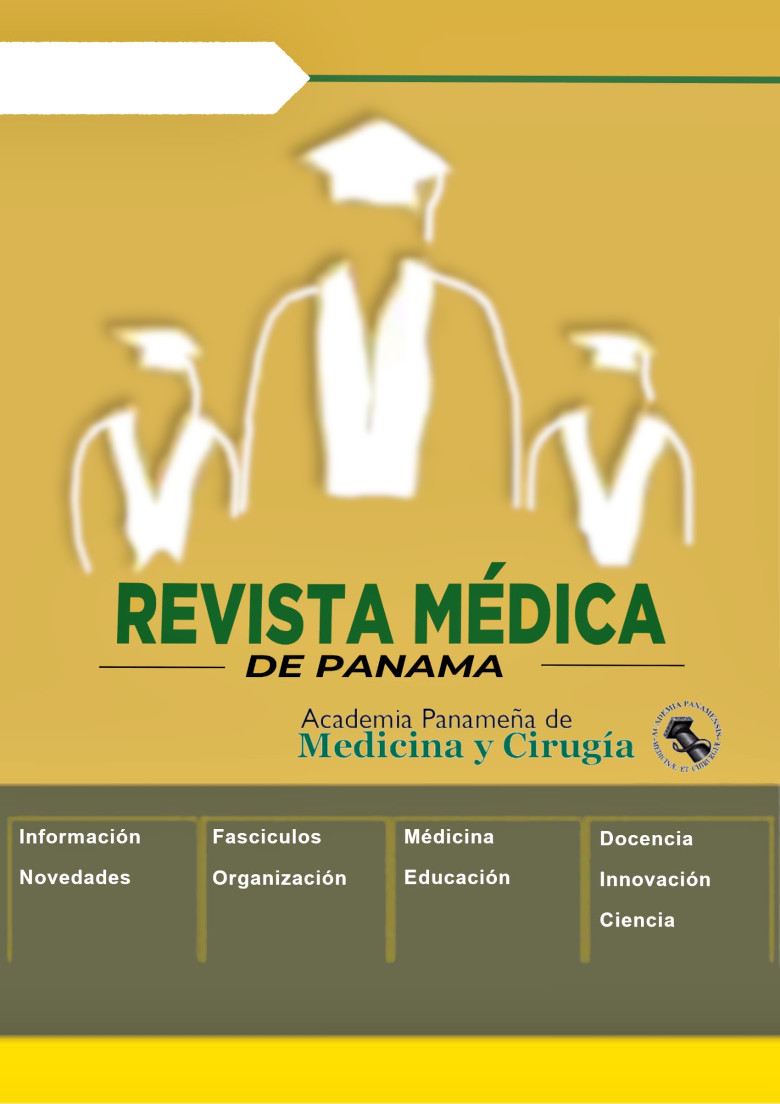Terapia de Hemoadsorción de Citoquinas e Inmunoglobulina G enriquecida en Falla Orgánica Múltiple: Reporte de caso.
Autores/as
DOI:
https://doi.org/10.37980/im.journal.rmdp.20242399Palabras clave:
Obstrucción Intestinal, Choque Séptico, Inmunoglobulina G, Citocinas, Cuidados CríticosResumen
Introducción La obstrucción intestinal es la alteración del flujo del contenido luminal del tracto gastrointestinal debido a factores mecánicos. Los casos graves pueden evolucionar a shock séptico refractario con alta mortalidad. Para esta afección se han propuesto terapias innovadoras que pueden cambiar el pronóstico. Reporte: Un paciente masculino de 62 años presenta un cuadro de obstrucción intestinal acompañado de sepsis. La laparotomía exploratoria revela un tumor en el colon descendente y necrosis extensa del colon, requiriendo resección colónica e ileostomía. A pesar de la intervención, el paciente desarrolla choque séptico refractario y falla multiorgánica, con un pronóstico grave. Se implementa terapia de hemoadsorción de citoquinas e inmunoglobulina G enriquecida con inmunoglobulina M dentro de las primeras 32 horas. Se presenta posteriormente recuperación progresiva de parámetros clínicos y de laboratorio, asimismo como estado general. Conclusiones: La terapia hemoadsorción puede reducir la dosis de vasopresores, mejorar la hemodinamia y reducir los marcadores inflamatorios en pacientes con sepsis. La pentaglobina puede reducir el riesgo de mortalidad, disminuir la duración de la ventilación mecánica y mejorar la función renal en pacientes con sepsis.
Publicado
Número
Sección
Licencia
Derechos de autor 2024 Infomedic Intl.Derechos autoriales y de reproducibilidad. La Revista Médica de Panama es un ente académico, sin fines de lucro, que forma parte de la Academia Panameña de Medicina y Cirugía. Sus publicaciones son de tipo acceso gratuito de su contenido para uso individual y académico, sin restricción. Los derechos autoriales de cada artículo son retenidos por sus autores. Al Publicar en la Revista, el autor otorga Licencia permanente, exclusiva, e irrevocable a la Sociedad para la edición del manuscrito, y otorga a la empresa editorial, Infomedic International Licencia de uso de distribución, indexación y comercial exclusiva, permanente e irrevocable de su contenido y para la generación de productos y servicios derivados del mismo. En caso que el autor obtenga la licencia CC BY, el artículo y sus derivados son de libre acceso y distribución.






